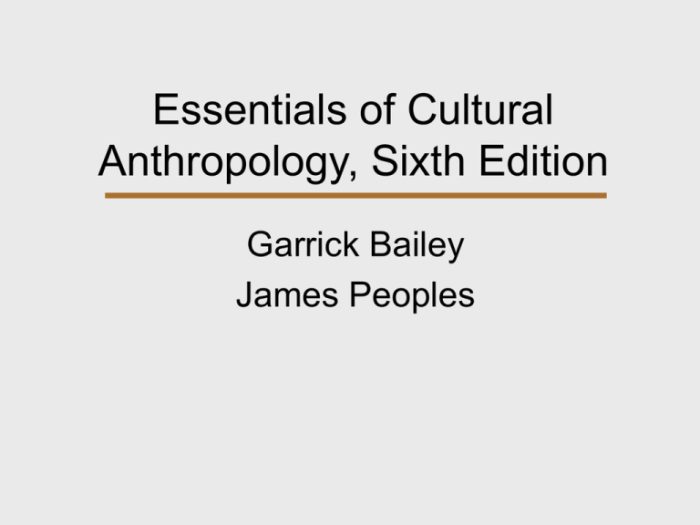An edible history of humanity chapter summary – Delving into “An Edible History of Humanity” chapter summary, this exploration immerses readers in a unique and compelling narrative, with gaya akademik dan tone otoritatif that is both engaging and thought-provoking from the very first sentence.
This chapter provides a comprehensive overview of the intricate relationship between food and human history, tracing the evolution of our food systems and examining their profound impact on our culture, society, and even our biology.
Introduction

The chapter provides an overview of the history of food, from its origins in hunting and gathering to its current state of globalization. The author argues that food has played a central role in human evolution and that it continues to shape our culture and society.
The Role of Food in Human Evolution
Food has been a major factor in human evolution. It has shaped our physical development, our social interactions, and our cognitive abilities. Early humans were hunter-gatherers who relied on wild plants and animals for food. As humans evolved, they developed new ways to obtain food, such as agriculture and animal domestication.
These changes in food production had a profound impact on human populations, leading to increased population growth and the development of complex societies.
The Impact of Food on Human Culture and Society
Food has also had a major impact on human culture and society. Different cultures have developed unique cuisines that reflect their local environment and history. Food is often used as a way to celebrate special occasions and to bring people together.
It can also be a source of conflict and inequality.
The History of Food Production
The history of food production is a long and complex one. It began with hunting and gathering, and gradually evolved to include agriculture, animal domestication, and food processing. The development of new food production technologies has had a major impact on human populations, leading to increased food security and the ability to support larger populations.
Factors Influencing the Development of Food Production
- Climate change
- Population growth
- Technological innovations
- Cultural factors
The Impact of Food Production on Human Populations, An edible history of humanity chapter summary
The development of food production has had a profound impact on human populations. It has led to increased population growth, the development of complex societies, and the spread of new diseases. It has also led to environmental problems, such as deforestation and water pollution.
The Globalization of Food

In recent decades, food has become increasingly globalized. This is due to a number of factors, including advances in transportation and communication, the growth of international trade, and the rise of multinational food corporations. Globalization has had a number of impacts on food production and consumption, including:
- Increased access to a wider variety of foods
- Lower food prices
- Increased food safety concerns
- Increased environmental impacts
The Future of Food: An Edible History Of Humanity Chapter Summary

The future of food is uncertain. There are a number of challenges facing the global food system, including climate change, population growth, and environmental degradation. However, there are also a number of potential solutions to these challenges, such as sustainable agriculture, alternative food sources, and new food technologies.
It is important to continue to invest in research and development to ensure that we have a sustainable food system for the future.
Questions Often Asked
What is the main argument of the chapter?
The chapter argues that food has been a central force in shaping human evolution, culture, and society.
How has food shaped human evolution?
Food has influenced human evolution by providing essential nutrients for growth and development, enabling the development of larger brains, and promoting cooperation and social bonds.
What are the key factors that have influenced the development of food production?
Key factors include climate change, population growth, technological advancements, and cultural practices.
How has the globalization of food impacted food production and consumption?
Globalization has led to increased availability of diverse foods, but it has also raised concerns about food safety, environmental sustainability, and cultural homogenization.